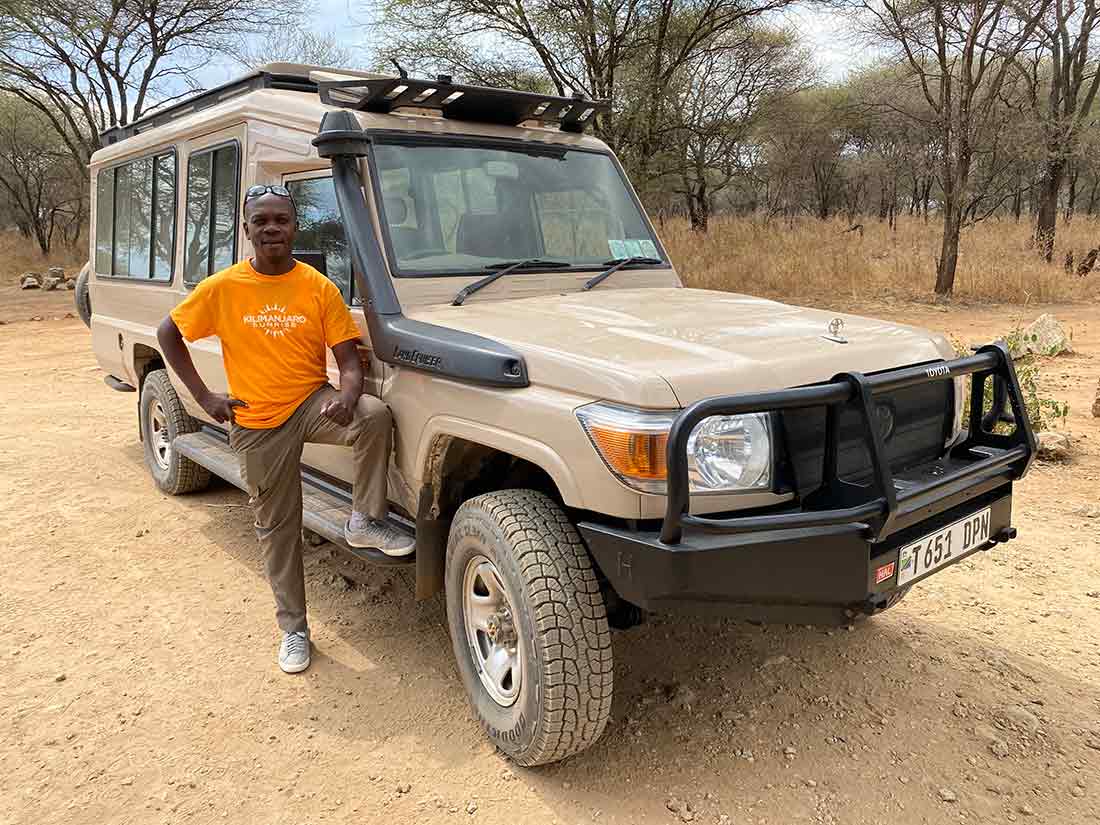This tipping procedure conforms to the guidelines set forth by the Kilimanjaro Porters Assistance Project. We have found this to be the most practical and transparent method for tipping.
- Guide / Assistant Guide: $25 per day / per group
- Cook: $15 per day / per group
- Summit Porter $15 per day / per group
- Porter: $10 per day / per group
Please note: The number of guides, cooks, and porters varies depending on the number of people in your group, whether or not you rented private toilets, and if you bring too much gear and the Park dictates that you need additional porters.
TIPPING ON SAFARI
The general guideline for tipping during the safari is $25-$30 per day for the guide. For example, on a 5-day safari, a good tip for the guide is $125-$150 regardless of the number of passengers.
MOUNTAIN STAFF
Furthermore, our mountain staff-to-client ratio is one of the best on Kilimanjaro. For instance, you’ll have your own porter alongside you as well as all the guide and assistant guides on summit night. The graph below gives you an idea of how many guides and porters will be on your climb.


 There are various recommended vaccinations for travel into Tanzania. However, there are no required vaccinations.
There are various recommended vaccinations for travel into Tanzania. However, there are no required vaccinations.